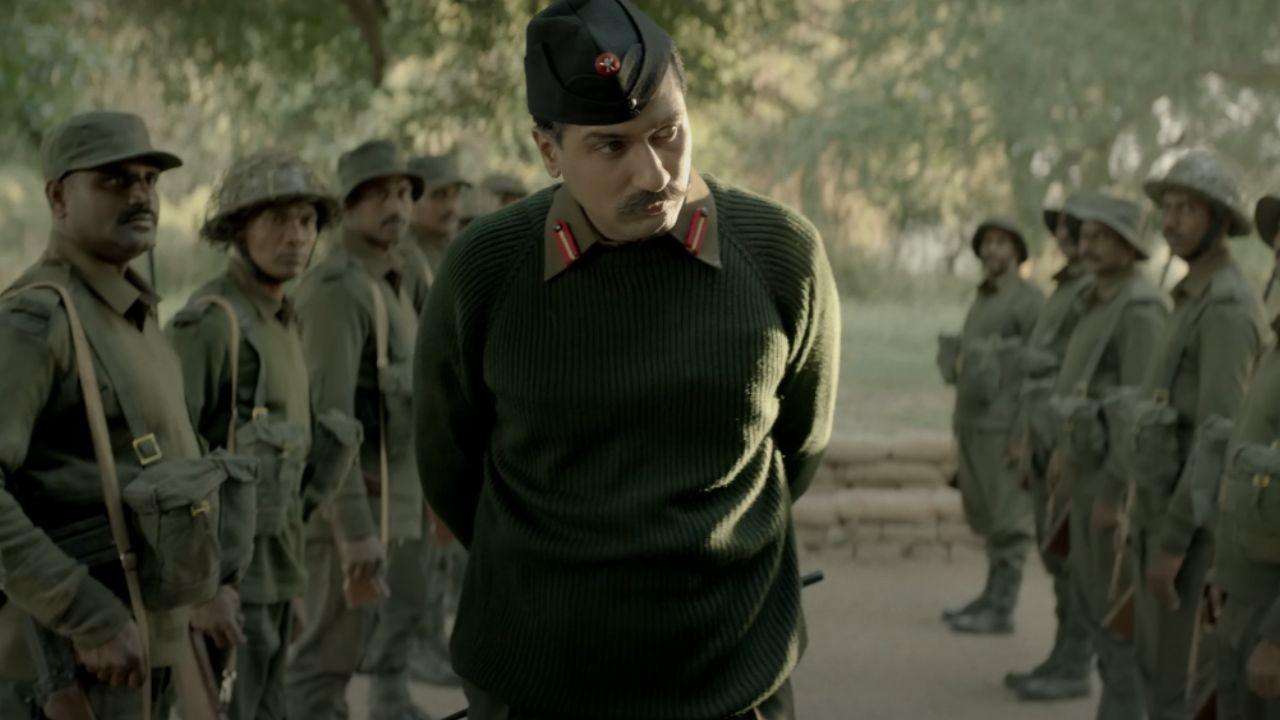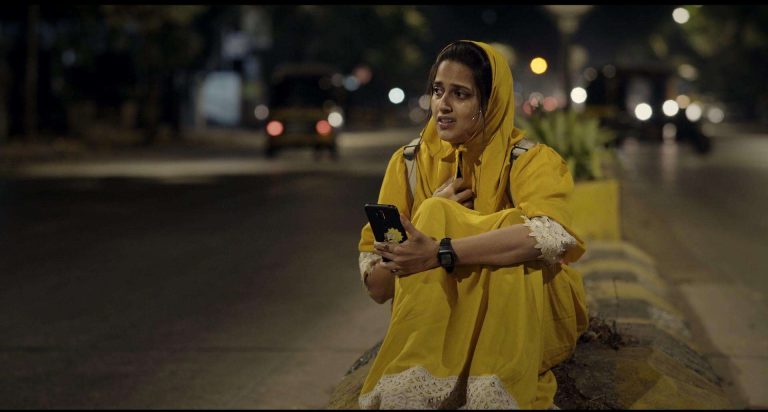Sam Bahadur (2023) Movie Review: Sam Manekshaw might not be a name that pops up in regular household conversations, but there remains an awareness about him that supersedes that of any other person who serves or has served in the forces. Manekshaw led a glorious but turbulent life, all of which contributed to the creation of his towering persona in the annals of history and deservingly so. But most popularly, he is known to be a person who led the Indian victory in the 1971 war with Pakistan and, therefore, caused the formation of Bangladesh. The most important aspect of this event was successfully compelling forces in then East Pakistan to surrender unconditionally, for they were outnumbered and surrounded.
Manekshaw’s life post-retirement and after he became India’s first field marshal wasn’t the one in which the nation-state and the society gave back to him for what the man had done for the Union of India. Whichever, way you look at it, a complex picture appears that doesn’t restrict Sam Manekshaw’s legacy to his military exploits. But unfortunately, Meghna Gulzar’s biographical drama is too short-sighted in its vision and too skinflint in its approach in translating into cinema a man who lived. And it’s that mediocrity amounting to loss of potential that becomes most bothersome to the senses of an audience.
The atmosphere which Vicky Kaushal created in the trailer with his brisk walking and voice modulation, promising another potent performance by the actor, got me hopeful. My appreciation for Meghna Gulzar’s Talvar (2015) only enhanced the anticipation for Sam Bahadur (2023). But at the same time, the conformity the Hindi film industry has acquired to secure immunity from fascism doesn’t leave much room for hope. Those who have not fallen into line are being persecuted in numerous ways, but instead of unifying for the liberty of art and expression, it seems like the doers in the film industry have evoked their internalised bigotry to feel politically powerful. This isn’t a hollow accusation against those I don’t ideologically align with.

The evidence is spread across our current sociopolitical instances; from Piyush Mishra’s public denouncement of his hitherto communist allies and admission of devotion for Narendra Modi or Meghna Gulzar’s lamentation that her previous film suffered “financially” due to Deepika Padukone standing up with the students during 2020 violence against JNU students. Preventing any further digression, I want to assert that the case of output from the Hindi film industry has become increasingly pessimistic, aggravated by political assault and censorship of independent voices.
Therefore, one cannot expect historical or existential nuance from any biographical drama they make, less so from one based on the life of an army person, given the reverence forces have among the masses. What one can rightfully expect is a comprehensive political outlook by the faculty of which the filmmaker crafts their film, more so for one based on the life of an army person given the geopolitical challenges defense forces have faced and continue to face since the formation of India.
Subsequently, I exposed myself to the film with a set of managed expectations and regular entitlements of an audience. Swinging through the familiar tropes of an early life in the academy, Sam Bahadur didn’t take much time to show how Sam Manekshaw inculcated discipline in his way of life, strength of will in his ambitions, and patriotism in his actions. Circumstantially, his patriotism wasn’t misplaced. Beautifully, it was also not blind. What was misplaced, however, was the film’s attempt to compress such an expansive life into minutes rapidly passing by.
One cannot put broad strokes on the canvas and still expect to have a proximate look into it without losing the details. The abrupt jump cuts render the film with the feeling of a video made by colleagues upon the subject’s retirement, albeit with fine film grammar, to honour the achievements of the subject. The casting choices do not aid beyond Vicky Kaushal as Sam Manekshaw, who looks and talks the part.
Neeraj Kabi tries his best to gracefully capture the essence of Jawaharlal Nehru’s demeanor in his performance, but not only does he fail to look anything like him, but he also portrays a rather meek leader, contrary to all previous portrayals and historical images of Nehru. Edward Sonnenblick (briefly) portrays Lord Mountbatten in a seemingly sinister appearance and sticks out like a sore thumb. The disturbance is aggravated due to the abundance of real-life clips in the film with real people. The suspension of disbelief keeps on breaking to the point that the film starts to feel like a series of propaganda clips weaved together. And I wonder why a story of India’s victory (Bangladesh Liberation War) and an illustrious army career has to appear like propaganda since there aren’t lies, not many at least, that require forceful exaggeration to convert them to perceptive truths before the masses.
It is no surprise that political films set in the times of Congress will neither face controversy nor hostility from the regime as long as there is a calculated showcase of diplomatic lies and myths. The dialogues around India’s partition or Indo-China war, barring those of Manekshaw’s, sound like they were taken out of right-wing school textbooks – English had the policy of divide and rule, Nehru was too soft on the Chinese and too stupid to see them as brothers, Nehru was also too late to act on Kashmir, etc.
Surprisingly, the finest monologue belongs to Yahya Khan, portrayed quite ably by Mohammed Zeeshan Ayyub around the time of partition. Zeeshan’s underwritten character damages the potential of a strong antagonist against our protagonist, Sam Bahadur, but the conviction and merit with which Zeeshan performs his cameo is as wonderful as the central performance.
Where Sam Bahadur completely failed for me is when Sam is shown telling Indira that soldiers can fight the enemies from the outside, but the enemies inside the nation are beyond their ability, and hence, a responsibility of the politicians. Whether Sam said this to Indira himself is a point of contestation, and what’s critical is the cinematic liberty exercised here to include this small line. In the context of the film, it is a small matter with Sam’s reputation at stake. Such a bargain did not require this type of assertion, considering how this is a popular fascist myth that is being used to oppress minorities, students, academia, and any other dissenting voice currently. The ugly performance of liberal sensibilities makes way to establish a dangerous argument that is always used to substantiate state persecution.
The time has come to stop expecting to see stories of humans as the humans they were. Their valourisation, deserved in the case of Sam Manekshaw, never requires them to be stripped of their humanity and molded into a demigod. The worst thing you can do to someone’s hard-earned legacy and the life they once lived is to convert it to only a chain of achievements as if their life wouldn’t have amounted to anything had the outcomes been unfavourable.






![On Body and Soul [2017] – A Whimsical Atypical Romance set in a Caustic Environment](https://79468c92.delivery.rocketcdn.me/wp-content/uploads/2018/02/cover-768x412.jpg)

